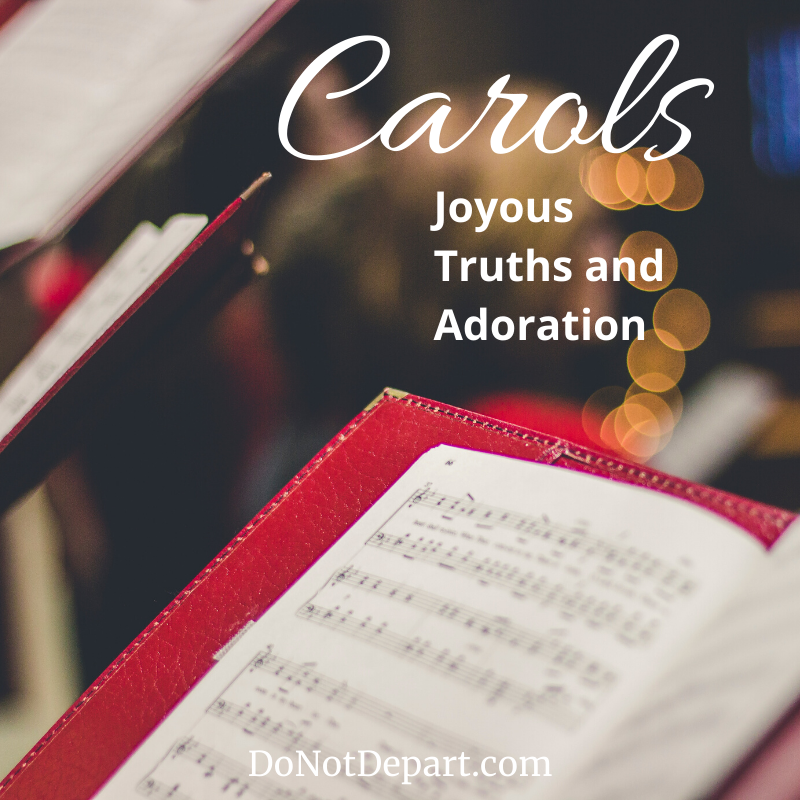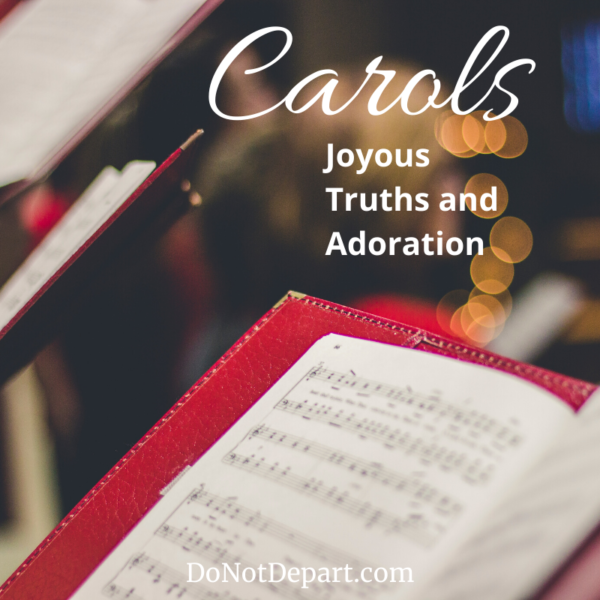This month, we are studying Benedictions of the Bible. Today, we’ll look at Paul’s words of blessing to the Roman church: “May the God of hope fill you with all joy and peace in believing, so that by the power of the Holy Spirit you may abound in hope” (Romans 15:13).

A friend recently asked for suggestions for a lecture on chronic disease. My first thought was, “Hope. Tell them hope is a huge part of healing.” The 9 years since I developed frequent migraine headaches have been punctuated by seasons of hope and seasons of discouragement. Over the years, my source of hope has shifted.
The Unexpected Relationship Between Suffering and Hope
A few years into this journey, I read about Elisabeth Leseur, who spent her life in physical pain. I was captivated by the sanctifying effect of her suffering. I began frantically flipping through my Bible, finding my way to the fifth chapter of Romans.
“Not only that, but we rejoice in our sufferings, knowing that suffering produces endurance, and endurance produces character, and character produces hope, and hope does not put us to shame, because God’s love has been poured into our hearts through the Holy Spirit who has been given to us.” (Romans 5:3-5)
While I had long believed that this season of multiple migraines a week would be limited, my hope began to grow new, deeper roots. There was much goodness to be had in this season of awaiting full healing, and it would mine. “God, may I not escape this season of pain without abundant blessings of spiritual fruit that come through suffering.”
My soul was fed by the promise that “for those who love God all things work together for good, for those who are called according to his purpose” (Romans 8:28). My hope gathered more strength from the promise that my pain would be redeemed than by the anticipation of its cessation.
Deeply Rooted Hope
When the seven-year mark passed, I grieved that little had substantially changed with respect to my migraines. Spiritually, I found myself drawn to the compassion of Christ towards those who sought healing (Matthew 14:14), and I was awed by the promises Christ makes about prayer (John 14:13).
I never imagined I would still be dealing with this pain nine years later. But over nine years, I have seen hope grow, rather than wither. The roots of my hope, initially fed by “this will surely pass,” deepened into the richer soil of “your kingdom come, your will be done, on earth as it is in heaven” (Matthew 6:10). The focus of my hope grew from “I hope this pain stops soon,” to “I expect this will not last. Irrespective of how I feel today, I am confident that my path is in the hands of God, entirely sovereign and entirely good, full of compassion and grace. The difficulty of today is a part of something good.”
God of Hope
As Paul expresses in his letter to the Romans, our God is the God of hope, and hope flourishes by the power of the Holy Spirit.
“May the God of hope fill you with all joy and peace in believing, so that by the power of the Holy Spirit you may abound in hope.” Romans 15:13
Today, I have not had a migraine in seven weeks. That’s a dramatic change from three headaches a week. I’m reeling in wonder. To step into bright sunshine without the repercussion of pain is a joyful novelty. This new freedom also feels a bit vulnerable. “What if the relief does not last? What if the migraines return?”
In a dry spell last summer, I lost new plants I had added to our landscaping in the spring. Their roots were still superficial, dependent on frequent showers. They had not yet grown sufficiently deep to sustain them through drier periods. My hope is in part fed by superficial roots that feed upon favorable circumstances. Such roots are vulnerable to seasons of drought. However, when the roots of hope reach deeper down to living water from the God of Hope, our hope is not vulnerable to circumstances. That hope flourishes regardless of circumstance.
Irrespective of how I feel tomorrow, I am confident that my path is in the hands of God, entirely sovereign and entirely good, full of compassion and grace. Our God redeems pain.
Does your hope run dry? Receive the joy and peace that God has in store for you.
“May the God of hope fill you with all joy and peace in believing, so that by the power of the Holy Spirit you may abound in hope.” (Romans 15:13)






